By : Suraj Karowa

October 3, 2025 – Tokyo
Japan’s political landscape teeters on the brink of transformation as the Liberal Democratic Party (LDP) prepares for its presidential election on Saturday, October 4. The vote, triggered by Prime Minister Shigeru Ishiba’s abrupt resignation last month, pits a cadre of ambitious contenders against one another in a race that could crown the nation’s first female prime minister or its youngest leader since the modern era began. With the LDP clinging to a fragile hold on power after back-to-back electoral drubbings, the stakes could not be higher for a party that has dominated postwar Japanese politics.
Ishiba, who assumed office in September 2024 amid high hopes for his pragmatic, defense-focused agenda, bowed out on September 7 after less than a year in the role. His departure followed a humiliating defeat in the July 2025 upper house elections, where the LDP and its coalition partner, Komeito, squandered their majority in both parliamentary chambers. The losses were exacerbated by lingering fallout from a slush-funds scandal that eroded public trust and fueled perceptions of an out-of-touch elite. Ishiba, citing the need to “restart from scratch” to combat populism, resisted calls to quit until securing a tariff-relief deal with U.S. President Donald Trump. That agreement, in which Japan pledged $550 billion in U.S. investments for eased duties on autos and other exports, provided a graceful exit. “I made a painful decision to step down, thinking about issues I needed to accomplish,” Ishiba told reporters, vowing to stay on until a successor is chosen.
The election unfolds against a backdrop of economic malaise and geopolitical tension. Japan’s debt-to-GDP ratio, already among the world’s highest at over 250%, weighs heavily as inflation bites into household budgets and rice prices soar. Younger voters, disillusioned by stagnant wages and a housing crisis, are flocking to opposition outfits like the anti-immigrant Sanseitō party, which has surged in polls. Abroad, Beijing’s assertiveness in the East China Sea and Trump’s tariff threats demand a steady hand. The next LDP president is all but guaranteed the premiership, given the party’s lower-house plurality, but forming a stable government will require cross-party alliances in a divided Diet.
Five candidates are vying for the 382 first-round votes: 295 from LDP lawmakers and 87 from prefectural chapters representing grassroots members. No one is expected to clinch an outright majority, paving the way for a runoff where lawmakers’ influence swells, potentially tilting the scales. Polls paint a neck-and-neck duel between the top two: conservative firebrand Sanae Takaichi, 64, and telegenic reformer Shinjiro Koizumi, 44. Cabinet Secretary Yoshimasa Hayashi, 64, lurks as a consensus “continuity” pick, while former ministers Toshimitsu Motegi and Takayuki Kobayashi trail with narrower bases.
Takaichi, a protégé of the late Shinzo Abe, commands fervent loyalty among rank-and-file conservatives who see her as a jolt to the party’s sclerotic veins. A fiscal dove and staunch nationalist, she finished second in last year’s LDP race and has pledged to double Japan’s economy within a decade through massive state investments in tech, infrastructure, and food security. “We must shake up a world of grey politicians,” echoed Sophia University’s Tina Burrett, highlighting Takaichi’s potential to rally the base. Her edge among grassroots voters is clear: a Nippon Television survey showed her leading Koizumi and Hayashi there, though she lags among Diet members per Asahi and Nikkei polls. Yet, her campaign hit turbulence this week with scattered reports of undelivered ballots in strongholds like Hiroshima, Osaka, and Tokyo—prompting cries of foul play from supporters. “I paid my dues to vote for Takaichi!” one frustrated party member vented on X, amplifying suspicions of internal sabotage. LDP officials dismissed it as logistical glitches, but the uproar underscores the race’s ferocity.
Koizumi, son of maverick ex-premier Junichiro Koizumi, embodies generational renewal. As agriculture minister, he earned plaudits for tackling rice shortages but stumbled in a scandal when a campaign aide resigned over orchestrated online smears against Takaichi. Still, he tops Diet support in Jiji and Mainichi surveys (around 70 votes), buoyed by moderates eyeing his crossover appeal to win back youth and independents. At 44, he’d eclipse even Hirobumi Ito, Japan’s first modern prime minister in 1885, by mere months. Koizumi advocates tax cuts to ease living costs while sticking to Ishiba’s fiscal restraint, positioning himself as a bridge-builder. “Koizumi could forge consensus with opposition parties,” Burrett noted, contrasting his style with Takaichi’s disruptor vibe. A Yomiuri poll gave him 41% among general LDP supporters, far ahead of Takaichi’s 28%.
Hayashi, a steady-hand diplomat and Ishiba holdover, polls third with 13-16% support, appealing to those craving stability. Motegi and Kobayashi, both Abe-era stalwarts, focus on constitutional reform and security but lack the momentum to advance.
The frontrunners’ visions diverge sharply on economics and foreign policy. Takaichi’s expansionism—eyeing a renegotiation of the Trump deal if it sours—risks spooking bond markets but promises growth. Koizumi and Hayashi defend the pact, prioritizing household relief over bold spending. All three back hosting Trump in late October, a litmus test for U.S. ties. Domestically, the winner must exorcise the LDP’s scandals and reconnect with a youth bulge eyeing alternatives. Temple University’s James Brown warned of “yet another election” if the new leader falters, potentially hastening a snap general vote.
As ballots trickle in, X buzzes with fervor: Takaichi backers decry “manipulation,” while Koizumi fans tout his electability. “Japan in big trouble,” quipped one user, tagging Elon Musk amid the ballot flap. Analysts like Brookings’ Mireya Solís call it a “profound leadership crisis,” but one ripe for reinvention. Whoever prevails inherits a party in freefall and an economy gasping for air. In a nation craving change, Saturday’s verdict could redefine its trajectory—or deepen the divide.
Discover more from AMERICA NEWS WORLD
Subscribe to get the latest posts sent to your email.
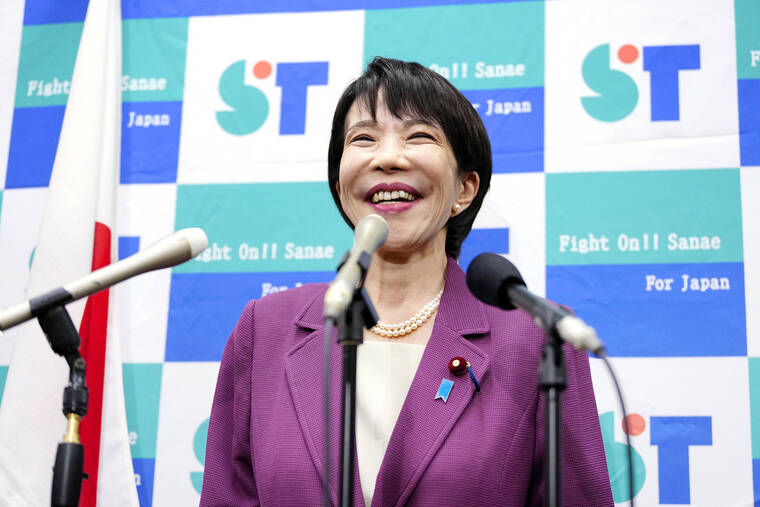




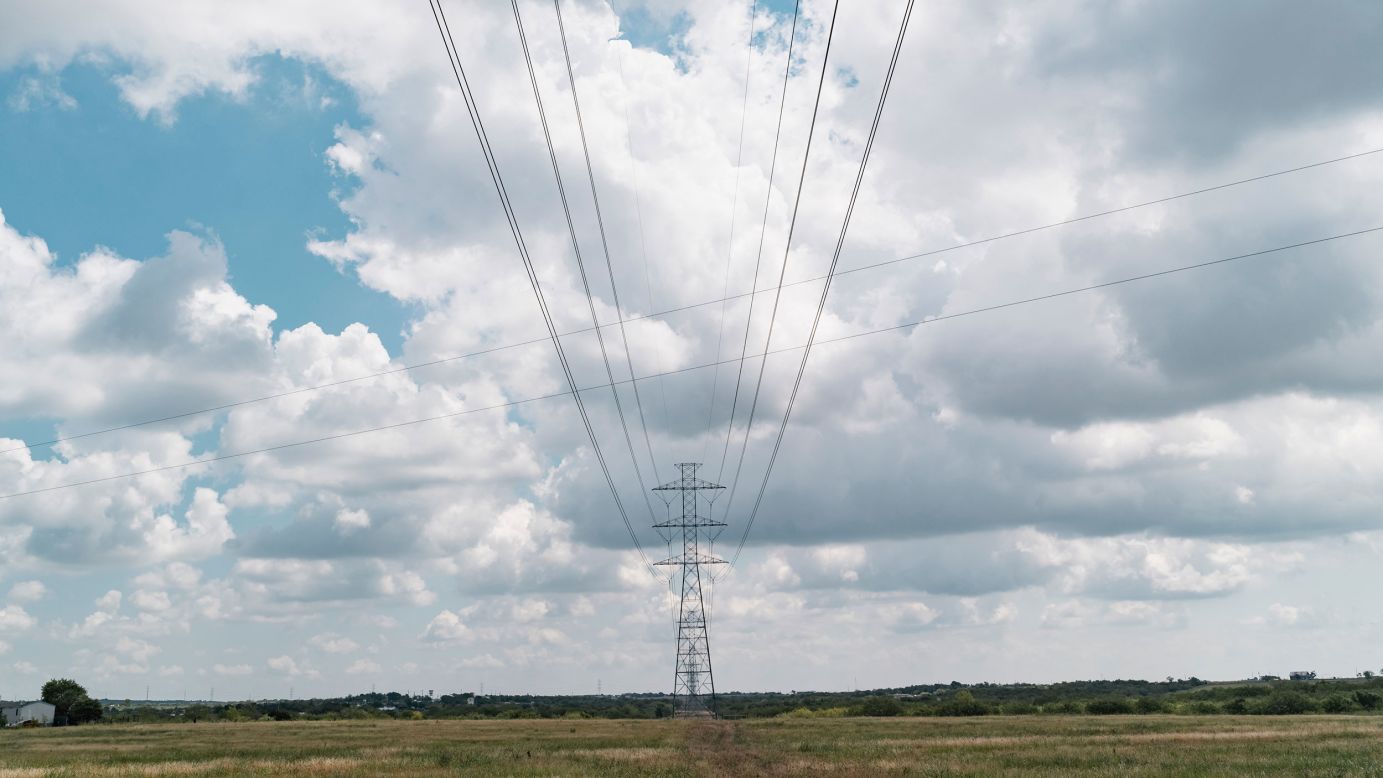













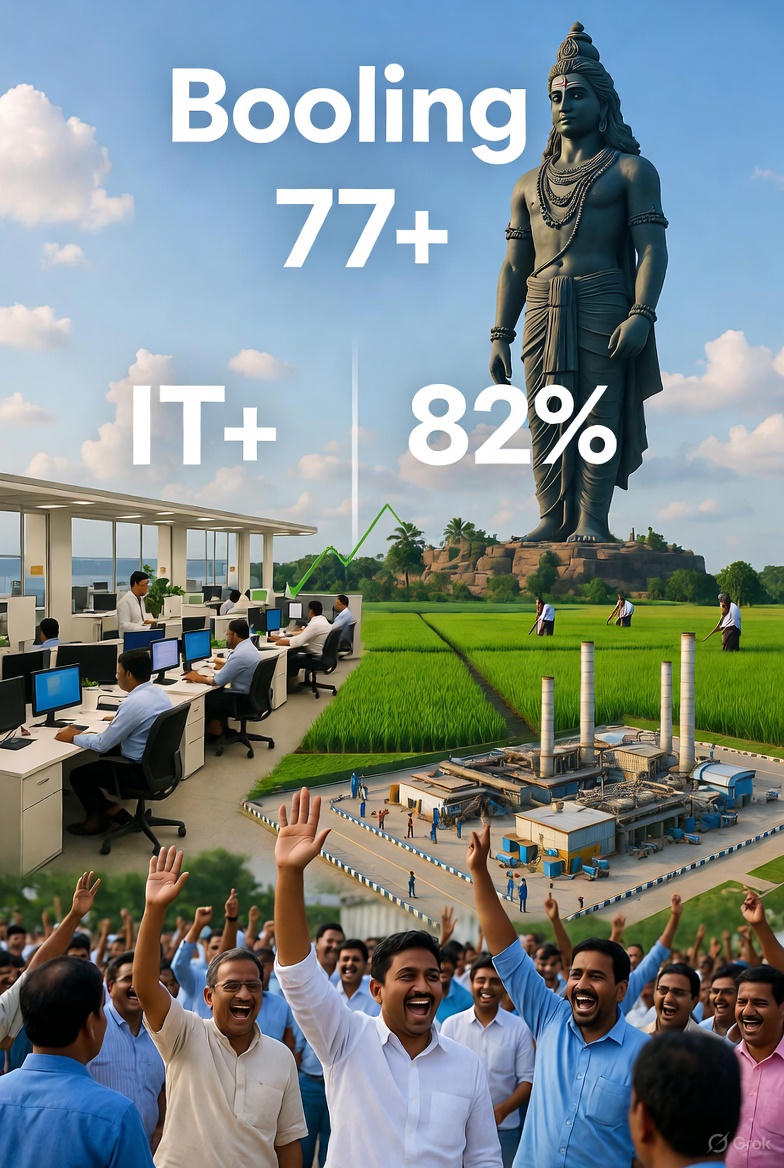





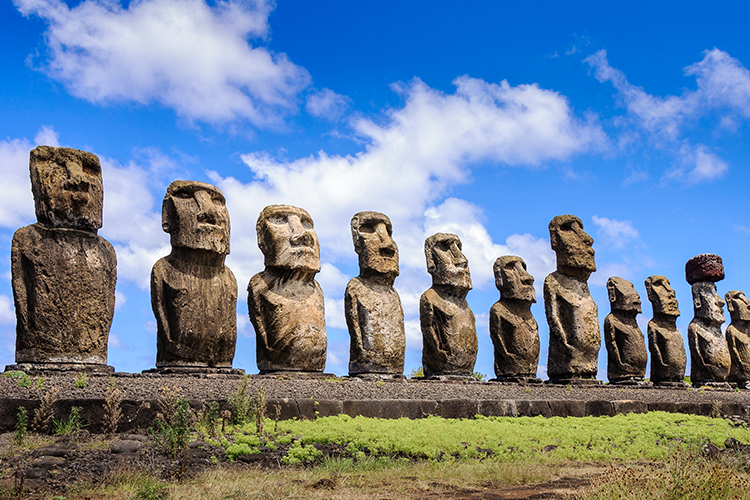
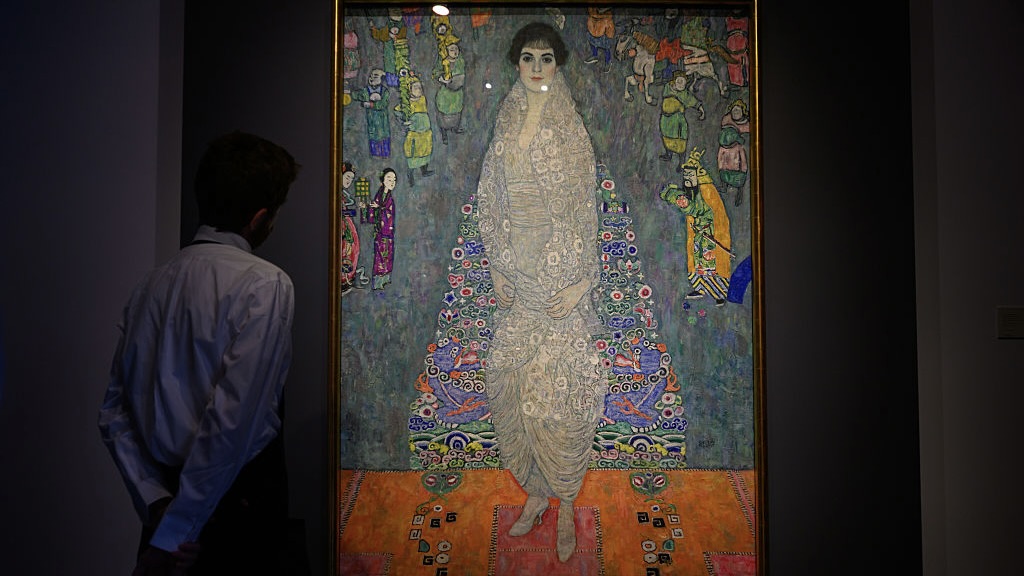

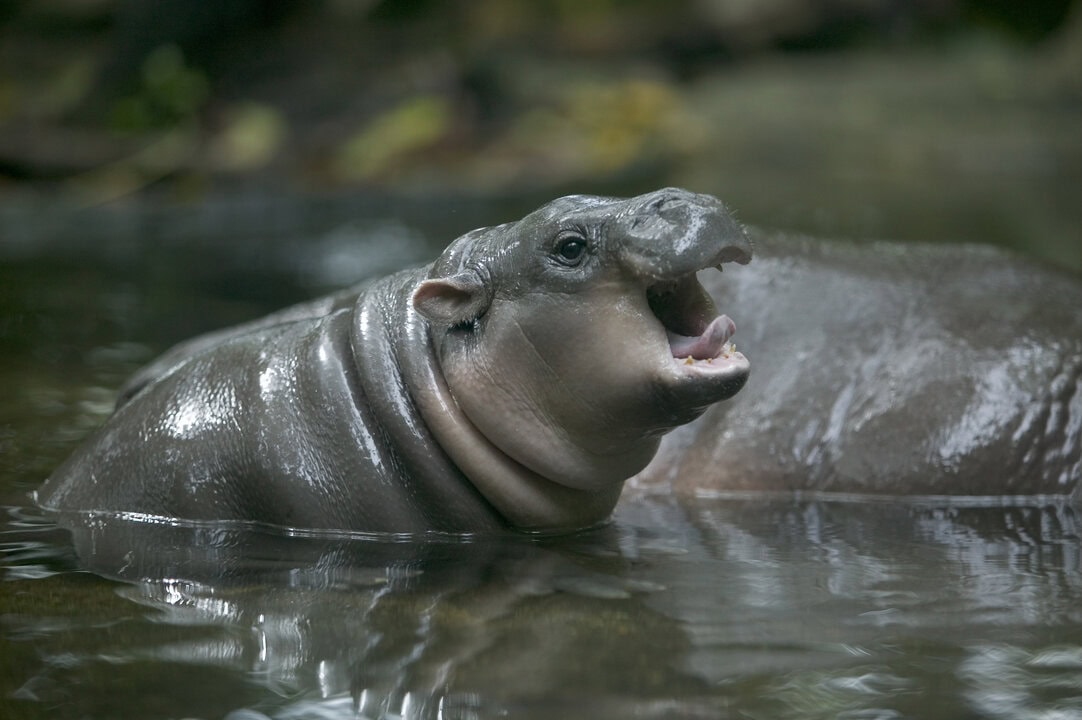



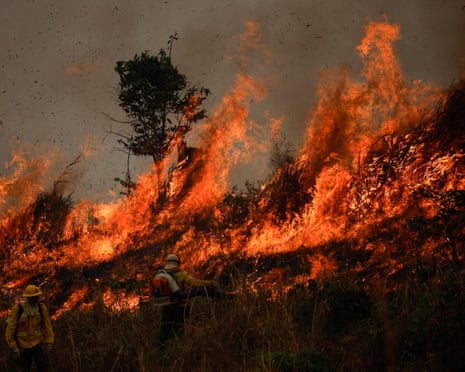






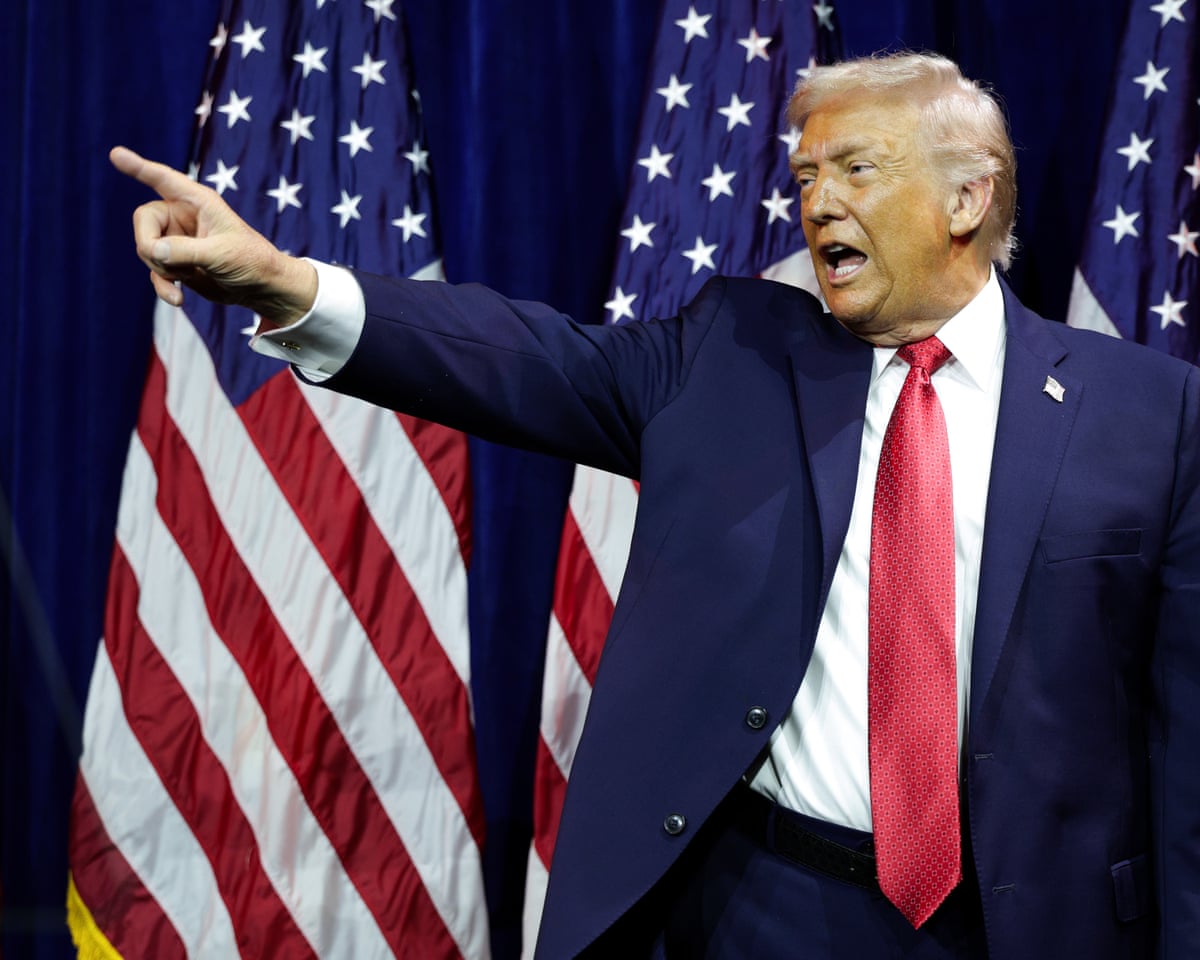
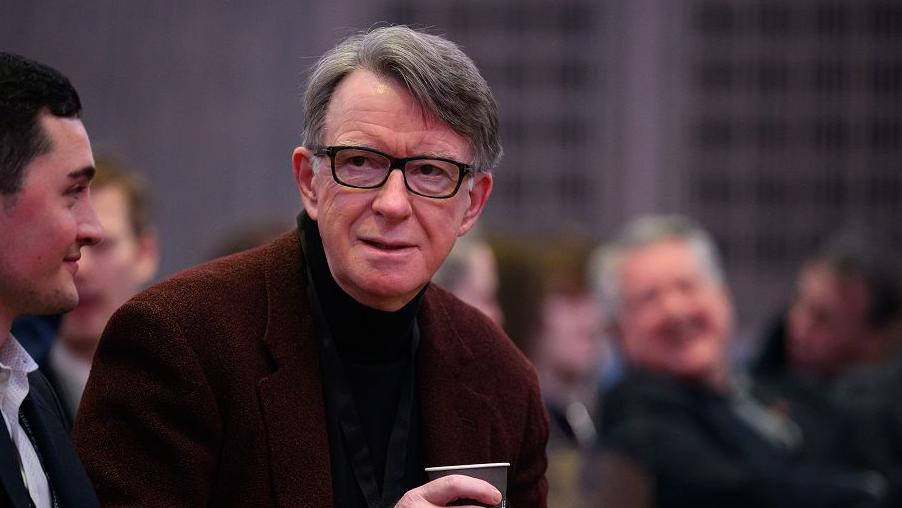
why Greta Thunberg dragged by hair forced to wear israeli flag - AMERICA NEWS WORLD
[…] Japan’s next leader may be its first woman or youngest in modern era […]